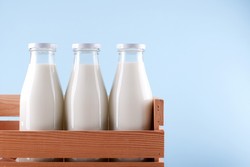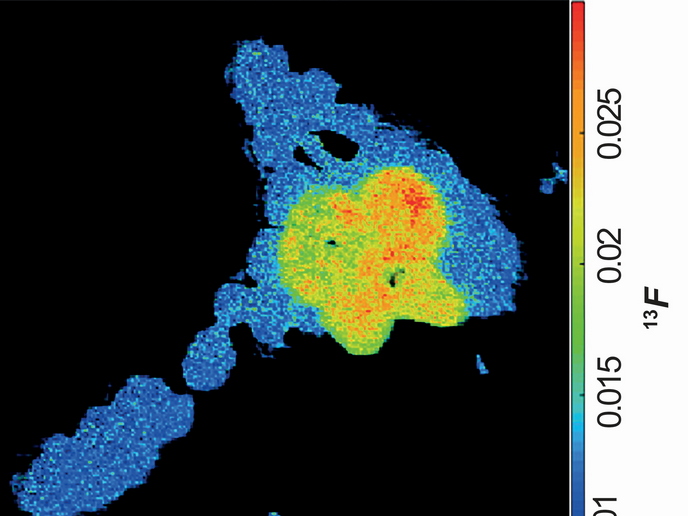Better, stronger, biodegradable milk bottles
Poor thermal resistance of biodegradable materials currently available on the market is a major drawback for the wide range of applications of these materials. Reactive extrusion can be used to overcome these limitations as the material can become more resistant to creep and abrasion, among other properties. The EU-funded BIOBOTTLE(opens in new window) (Biodegradable solutions for packaging of liquid dairy products) initiative worked to develop biodegradable plastic bottles and bags that fulfil the requirements for packaging of different types of dairy products. The aim was to modify the chemical structure of the biodegradable materials without decreasing their mechanical resistance. Project researchers targeted a new biodegradable material that maintains the shelf life of dairy products compared to traditional packages. They developed a material that is thermally and mechanically resistant, shows better properties than HDPE or PET, and is harmless after biodegradation. The developed bottles and bags, intended for packaging dairy products, are stable during pasteurisation and can withstand form-filling sealing for flexible pouches. The new BIOBOTTLE material achieved competitive cost by being no more than 20 % more expensive to produce than current packaging material. Biodegradable bottles and pouches developed within BIOBOTTLE will go into the dairy market and organic farming industries. These products will have an economic impact in the dairy industry market, but will mainly benefit the small and medium-sized enterprises involved in the project.







